🇯🇵日本語
🔹 言い訳だらけの“クソ野郎”だった過去
市川厚さんの原点は、「言い訳をやめる」と決めた20代前半にある。
アパレル会社に入社した当時、それまで何でも要領よくこなしてきた自信が一気に崩れ去った。初めて社会人として働き始め、全能感は一瞬で打ち砕かれた。
「やることなすこと裏目に出て失敗。会社の人に迷惑をかけ、後輩からも馬鹿にされ、居場所もなくなった。崖下に転落した気分で、奈落の底から這い上がることもできなかったんです。」
それでもプライドだけは高く、現実を見ずに言い訳を繰り返していた。
「当時の自分を振り返ると、言い訳ばかりしていた“クソ野郎”でした。」
その悪循環を断ち切るために、彼は環境ごと変える決意をする。転職と同時に「一生言い訳しない」と誓ったことが、市川さんの人生を大きく変える第一歩となった。
🔹 デザインに出会い、心を動かされた瞬間
転職先は広告制作会社。デザイン=ファッション、という固定概念を外し、「デザインは広告物もプロダクトも、すべて人の行動を変える力を持っている」と知る。
例えばコンビニでパッケージを見て、思わず余計に商品を買ってしまう。──その背後にはデザインの力がある。
「人の行動を変えることができる世界だと気づいたとき、これは面白いと思ったんです。」
🔹 「言い訳できない立場」を選んだ理由
広告制作会社で経験を重ねながら成長を実感する一方で、市川さんはこう考えた。
「どれだけ努力しても、最終的には“社長の責任”にできてしまう。その逃げ道が残るのが嫌だったんです。」
究極に自分を成長させるには、全責任を背負うしかない。そう思い立ち、自ら会社を立ち上げた。
「雇われるのが嫌だったわけじゃないんです。むしろ軽い気持ちでした。成長したい→自責が大事→でも社長がいる限り言い訳が残る→じゃあ自分でやればいいか、と。」
その軽さが可能だったのは、育った環境が大きいという。
資金面でも「PC1台あれば始められる」という低い起業ハードルに加え、父や祖父も自営業を営んでいたため、“自分で商売を始める”ことの心理的ハードルが極めて低かった。
「子どもの頃から家で仕事をする姿を見てきたので、起業が特別な選択だとは思わなかったんです。」
🔹 ブランディングとは「特別な存在になること」
現在の市川さんの活動の中心は、企業や商品・サービスのブランディングだ。Webサイト、パンフレットなどの広告制作にとどまらず、オフィス空間のデザインや企業理念の策定まで手掛けている。
「ブランディングは、誰かにとって“特別な存在”になること。好きな人に好かれたくて努力する──それと同じです。相手の理想像に近づこうと努力するけれど、無理をしすぎれば続かない。だからこそ、自分の関心や性格と重なる部分を見つけて、一つずつ積み重ねていくことが大切なんです。」
独自の課題抽出フレームワーク「LHメソッド」を用い、徹底したヒアリングを行うのも特徴だ。
「他社が聞かないようなことまで掘り下げます。たとえば後継社長へのヒアリングでは、親子ならではの愛憎や確執といったテーマに触れることもあります。大切なのは、センシティブな内容でも安心して話していただける関係性を築くこと。そうして深く掘り下げ、展開することで、初めて真の課題が見えてきます。それがプロジェクト成功の最大のポイントなんです。」
さらに市川さんはこう続ける。
「ヒアリングは誰にでもできます。でも差が出るのは“例え話”を交えて確認できるかどうか。お客様にもイメージしやすい形で、『A=Bで、B=Cなら、A=Cになりますよね?』と問いかけてみる。そこで『違います』と言われれば、『では矛盾しませんか?』とさらに掘り下げる。そうしてお客様自身の思考を整理していただきながら、こちらも正しく理解することができるんです。」
そして、その土台にあるのは「興味関心」だという。
「理解者になろうとしているわけじゃない。ただ相手に興味があるから質問を重ねる。気づけば、周りの誰よりもその人を理解している存在になっていた──それだけなんです。」
🔹 誰かの役に立つために、経営という道を選んだ
「普通の社会人にはなれない。言うことを聞かないし、小難しいことばかり言うから、上司からしたら“扱いづらい部下”で終わっていたでしょうね。」
市川さんにとって経営は、“自分の持っている力を社会の役に立てるための環境”だった。
「僕は気になったら納得するまで質問攻めしてしまうし、思ったことはすぐ口に出してしまう。自分の方が早くて質も良いと思えば勝手に変えてしまう。見た目も含め、いわゆる“会社人としての普通”とは違うんです。だから雇われている状態だと、必ずしがらみが出て、100%のパフォーマンスは出せない。そうしたしがらみを言い訳にして成長を止めるのはカッコ悪い。だったら自分でやってみよう、と自然に思えたんです。」
その延長線上に、ブランディングの仕事がある。
「誰かの可能性を言語化して、その人や企業が“特別な存在”になるように支えていく──僕が持っている能力を活かして社会に貢献する一つの手段が、ブランディングなんです。」
🔹 理念経営の核にある「笑顔創造」
株式会社ライオンハートの経営の中心にあるのは、「笑顔創造」という理念だ。
これは“笑顔を大事にする”という一般的な意味ではない。
「好きな人同士でさえ価値観の違いで別れることがあるのに、何のつながりもない他人同士が集まり、一つの方向へ進むのは不可能です。だからこそ、せめて共通の価値観だけは持ってほしい。私たちにとっての善悪や優先順位を決める軸が“笑顔創造”なんです。」
この価値観は採用時から徹底的に確認される。
「お客様の笑顔を創造できるか」「パートナーの笑顔を創造できるか」「仲間の笑顔を創造できるか」──これに共感できない人は入社しない方がいい、と市川さんは言い切る。
理念が生まれたのは、徹夜続きで疲労困憊の中でも、お客様がデザイン提案を見て心から笑顔になってくれた瞬間だった。
「Webサイトを作っているんじゃない。笑顔を創造しているんだ。」──そう確信した体験が、今の理念を形づくった。
さらに理念を実現するための行動指針として「尊敬・素直・自責」を掲げている。
「この三つを意識して行動することが、“笑顔創造”を実現するための王道なんです。」
オフィスデザインも理念に基づいて設計されている。
「スタッフの多くはリモートでも仕事はできると思っていました。でも、私はそうは考えません。高いクオリティを出すには、自然発生するコミュニケーションや、無意識に発せられる情報の共有が不可欠です。そのため、偶然の出会いが発生する動線設計や自然と人が集まるマグネットスペースを設けた。理念を実現するために必要な“場”なんです。」
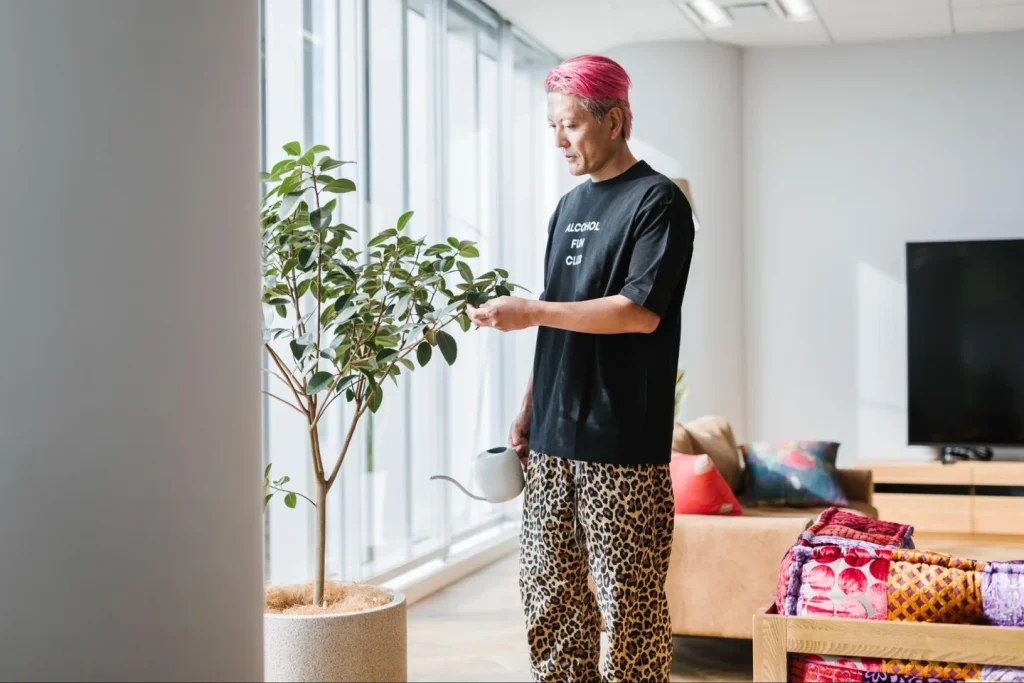
🔹 リーダーとは「運を持っている人」
市川さんは「リーダーに最も必要なのは運だ」と言い切る。
「そもそも生まれてこられたこと自体が運。ここまで生きてこられたのも、事故や病気、災害などを考えれば幸運の連続です。会社を立ち上げられたのも、出会いやタイミングが重なったからこそ。」
創業直後、何をどうすればいいかわからなかった頃に、友人の紹介で師に出会えたのも運。倒産の危機のときに、新たな学びの場に誘われたのも運。20年前の一通の営業メールから社外取締役と出会い、そこからフィリピンの仲間へとつながったのも運。
「振り返れば、数え切れないほどの幸運がありました。僕自身の実力や能力なんて、運に比べたらミジンコみたいなものです。」
ただし、市川さんは続ける。
「正しく生きようとしなければ、運が来ても気づけない。世界の進歩や発展に少しでも貢献しようとする姿勢があるからこそ、運は巡ってくるのだと思います。」
市川さんにとってリーダーシップとは、知識や肩書きではなく、偶然の出会いや縁を活かす力そのもの。運を信じ、託し、つかむ姿勢こそが、リーダーの本質なのだ。
🔹 世界に広げたい“楽しそう”の感覚
市川さんは海外展開にも前向きだ。
「理由は単純で、楽しそうだから。文化も言語も違う人と働くのは理屈抜きでワクワクする。」
かつてフィリピンで立ち上げを経験し、今後はシドニーやパリなど、誰がその地名を聞いても「なんかすごそう!」と思われる場所に拠点を広げてみたいと考えている。
「オフィスにいろんな国の人が出入りして、ビデオチャットで多国籍の仲間と話す。そんな日常ができたら、楽しいだろうなと思います。」
楽しさと好奇心を軸にした直感の選択。それこそが市川さんの人生を動かすエネルギーになっている。
🔹 子供部屋おじさんにならなかった人生
「もし言い訳を続けていたら、自分は子供部屋おじさんになっていたと思う。親の年金に頼りながら実家で過ごして、社会に文句を言っていただけかもしれない。」
自分の弱さを直視し、そこから「言い訳をしない」人生を選んだからこそ、今がある。
🔹 映画未満、それでも続く物語
自分の人生を映画にするなら?──そう問われた市川さんは、少し笑ってこう答えた。
「映画未満。僕の人生は他の経営者ほどドラマチックじゃない。」
あくまで自分のことより利他の精神で動いている人らしいアンサーだ。
けれど、映画にならなくてもいい。派手さはなくとも、「言い訳をしない」というシンプルな誓いから始まった道のりは、確かに誰かの背中を押す物語だ。
その歩みはこれからも、誰かを特別な存在へと導き、笑顔を広げていくに違いない。
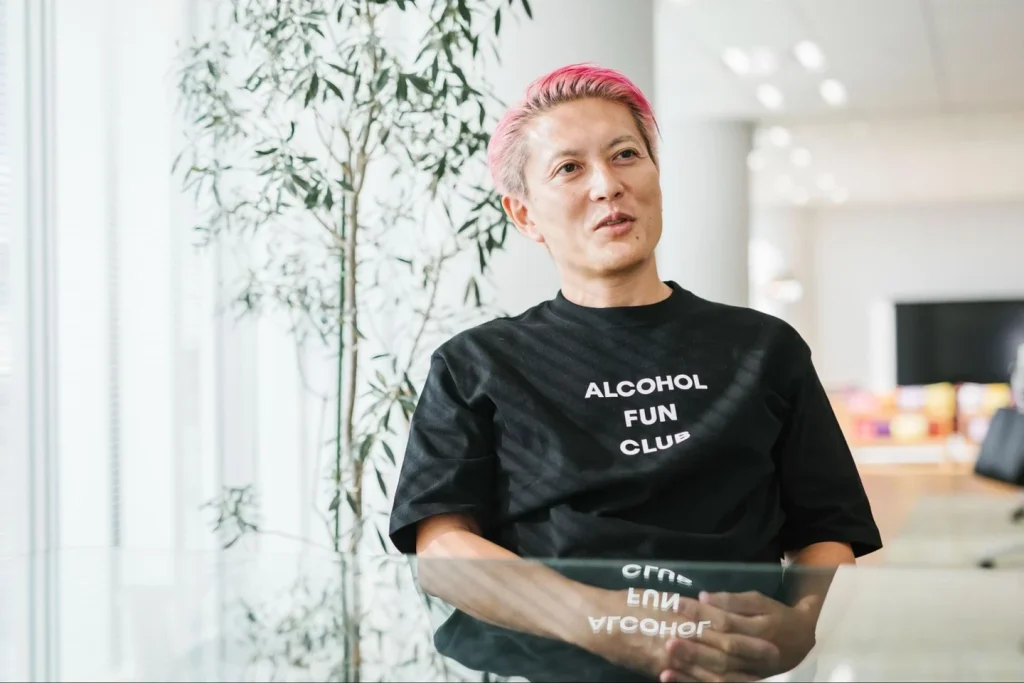
🇺🇸English
Choosing a Life Without Excuses
Atsushi Ichikawa,
Chairman of Lionheart Inc.
🔹 From “a pathetic excuse-maker” to self-awareness
The turning point of Atsushi Ichikawa’s life came in his early twenties when he swore to stop making excuses.
At his first job in the apparel industry, the confidence he’d carried from “getting by with ease” collapsed overnight.
“Everything I did backfired. I failed repeatedly, caused trouble for colleagues, got mocked by juniors, and lost my place. I felt like I had fallen off a cliff, stuck at the bottom with no way out. Yet, my pride was sky-high and all I did was blame others. Looking back, I was just a pathetic excuse-making jerk.”
To break this cycle, he made a clean break: a career change and a vow—never to make excuses again. That pledge became the first step that reshaped his entire life.
🔹 Discovering the power of design
At his new company, an ad agency, Ichikawa was struck by the power of design.
He realized design wasn’t just about fashion—it could change human behavior.
“A package design that makes you pick up something extra at a convenience store—that’s design at work. Once I saw that design could influence decisions and actions, I was hooked.”
🔹 Choosing a position with no escape
As he grew in the advertising business, Ichikawa reached a conclusion:
“No matter how hard I worked, responsibility ultimately fell on the president. That escape route bothered me. If I truly wanted to grow, I had to carry full responsibility myself.”
So he founded his own company. Not out of rebellion, but almost lightly.
“I just thought: I want to grow… growth needs self-responsibility… as long as there’s a boss, I’ll always have an excuse… so why not do it myself?”
Starting a business never felt daunting. Both his father and grandfather ran their own businesses, so working for yourself was never “extraordinary”—just natural.
🔹 Branding means “becoming someone special”
Today, Ichikawa’s focus is branding. His team creates websites, brochures, office designs, even corporate philosophies.
“Branding is about becoming someone special to someone. Like in love—you try to become the kind of person your partner values. But if you try to be someone you’re not, it won’t last. That’s why you need to find overlap between who you are and what the other seeks, and build from there.”
Through his unique “LH Method,” Ichikawa conducts in-depth interviews, even on sensitive topics like family dynamics for successor CEOs.
“What sets us apart isn’t just listening—it’s using analogies to clarify thinking. I’ll say, ‘If A equals B, and B equals C, then does A equal C?’ Sometimes the answer is no, and then we dig into the contradiction. That’s how clients sort out their own thoughts while I make sure I truly understand them.”
At the root of this process is simple curiosity.
“I’m not trying to be someone’s ‘understander.’ I just keep asking because I’m genuinely interested. Before I know it, I end up knowing them better than anyone else.”
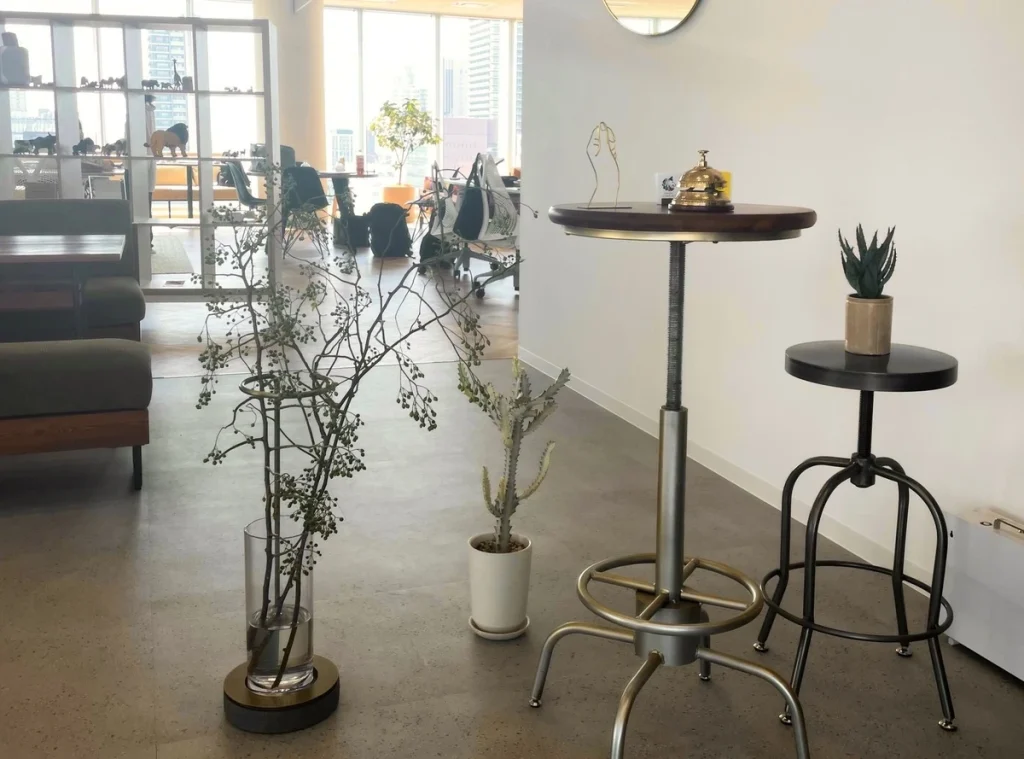
🔹 Building a place to contribute
“I was never going to be a model employee. I ask too many questions, I say what I think, and if I see a faster, better way, I just change things. Even how I look doesn’t fit the mold. That’s not a good match for corporate life. In a company, those quirks become shackles. To use my abilities for good, I had to create my own environment.”
For him, branding became one way to use his abilities for society.
“I help people put their potential into words and become someone special. Branding is just one of the ways I can contribute.”
🔹 A philosophy of “Creating Smiles”
At the heart of Lionheart lies a philosophy: Creating Smiles.
“It’s not about ‘valuing smiles’ in some vague sense. Strangers with different values can’t walk in the same direction unless they share at least one core value. For us, that’s creating smiles—for clients, partners, and teammates. If someone doesn’t resonate with that, they shouldn’t join us.”
This idea was born during exhausting all-nighters.
“When a client looked at our design and lit up with joy, I realized—we weren’t just making websites. We were creating smiles.”
To make it real, the company embraces three action principles: Respect, Humility, and Responsibility.
“These are the royal road to creating smiles.”
Even the office is designed for it. “Remote work may be possible, but I believe high-quality work needs spontaneous conversations and unspoken cues. That’s why our office has magnetic spaces where people naturally meet and share. It’s a place designed for our philosophy to come alive.”
🔹 Leadership is about luck
“The most important quality in a leader is luck,” Ichikawa says firmly.
“Being born is luck. Being alive today is luck, considering all the accidents, illnesses, and disasters that could have happened. Founding my company was timing and people aligning—luck again.”
He recalls countless lucky breaks: meeting his mentor when he was lost, being invited into new learning circles just as his company faced crisis, connecting with his Australian board member through a random sales email 20 years ago, which later led to Filipino teammates who stabilized his overseas business.
“When I look back, my abilities are nothing compared to the role luck played.”
But he adds:
“You won’t notice luck if you’re not living rightly, trying to contribute to progress in the world. Luck comes to those who are ready to recognize it.”
For Ichikawa, leadership isn’t about knowledge or titles—it’s about harnessing chance encounters and unseen connections.
🔹 Expanding the sense of “fun” worldwide
Why expand overseas? His answer is simple: “Because it looks fun.”
“The idea of people from different cultures and languages working together excites me. Imagine an office where people of many nationalities come and go, with video calls connecting teams across continents. That’s the kind of everyday life I want to create.”
Fun and curiosity drive his decisions. They are his compass.
🔹 The life he avoided
“If I had kept making excuses, I probably would’ve ended up a ‘man-child’ living in my parents’ house, grumbling about society while relying on their pension. Facing my weakness and choosing not to make excuses—that’s what saved me.”
🔹 A story that doesn’t need to be a movie
Asked what movie title he’d give his life, Ichikawa smiles:
“Less than a movie. My life isn’t as dramatic as other entrepreneurs’.”
It’s a humble answer from someone who lives for others. But even if it’s not cinematic, his story matters. The path that began with a vow not to make excuses is now a story that helps others believe in their own potential—and create more smiles along the way.

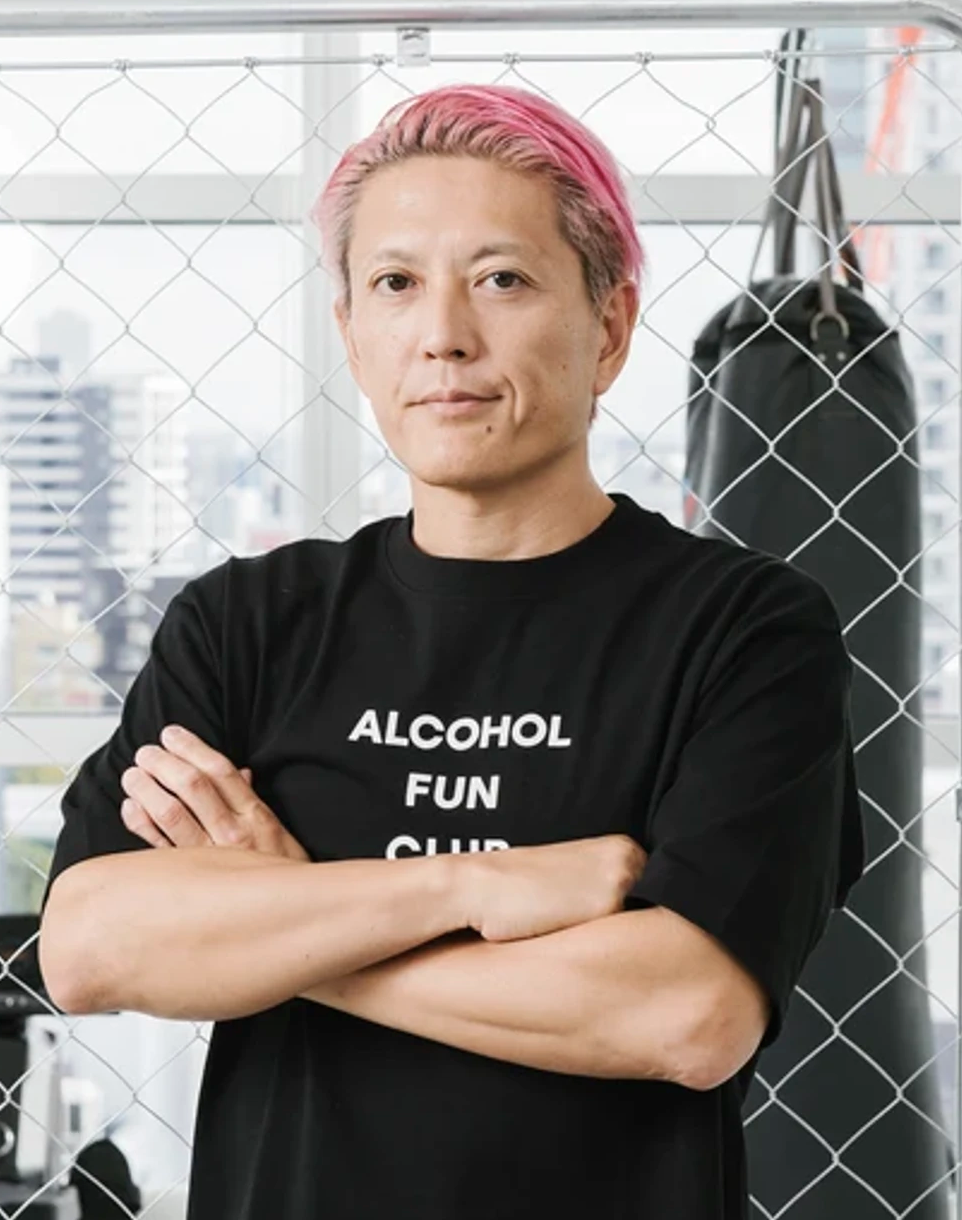
【PROFILE】
市川 厚(いちかわ・あつし)
株式会社ライオンハート代表取締役会長。
広告制作からスタートし、現在は企業ブランディングを中心に、Webサイト・パンフレット・オフィス空間デザイン・理念策定まで幅広く手掛ける。フィリピンに子会社(LH&creatives Inc.)設立のために現地で3年半の生活経験あり。パーソナルブランディングの一環として武道で黒帯を取得。世界中の道場へ赴き、外国人道場生たちとコミュニケーションをとることで、会社で掲げる「BOARDERLESS」の世界を個人でも実践。
Atsushi Ichikawa
Chairman, Lionheart Inc.
Started in advertising production and now leads wide-ranging branding projects—from websites and brochures to office design and corporate philosophy. Founded Lionheart and established a subsidiary in the Philippines (LH & Creatives Inc.), where he lived for three and a half years. Holds a black belt in martial arts, and practices “BORDERLESS” living by visiting dojos worldwide and connecting across cultures.
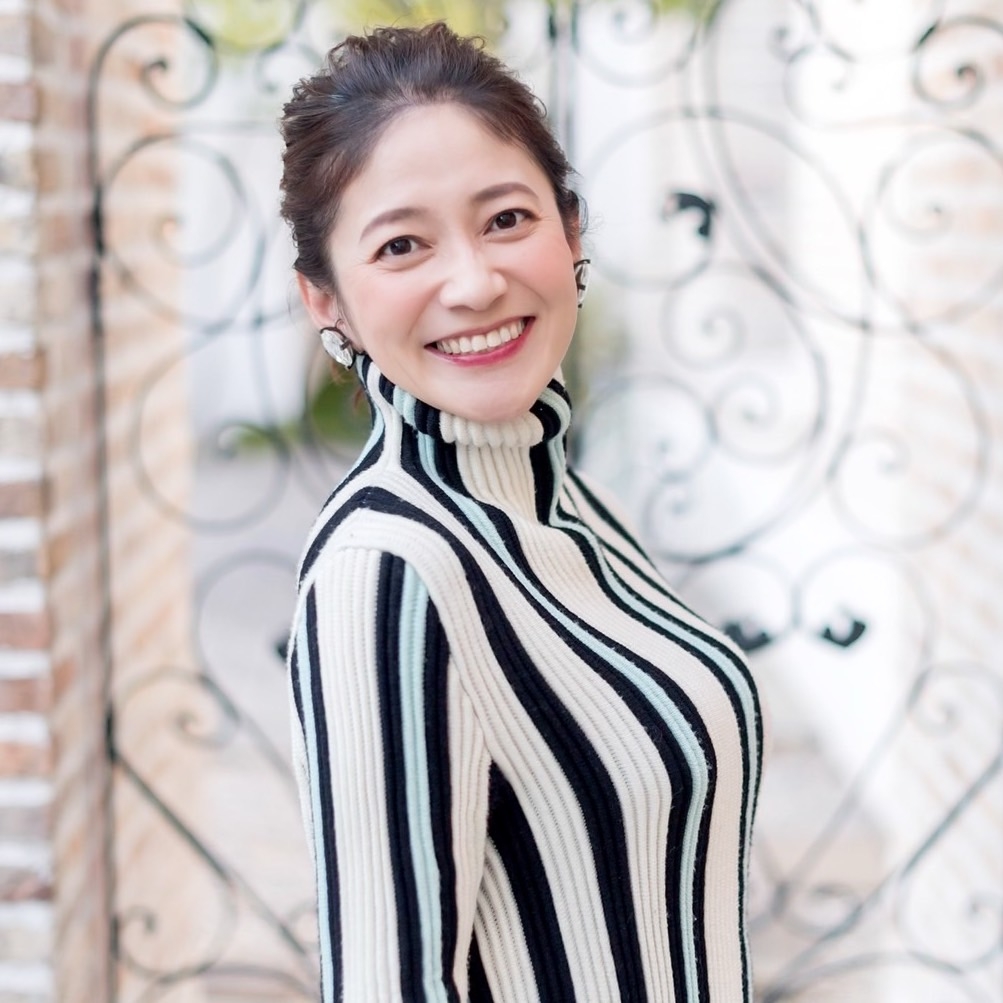
【PROFILE】
真綺(Maki)
語りの芸術家/インタビュアー/コミュニケーション・スペシャリスト
8年間“しつもん力”を教え、日本語と英語の間で人の想いを橋渡ししてきた。
これまで国内外で、経営者、アーティスト、国際的イベントの登壇者など延べ数千人と対話。
世界的な授賞式や王室叙任式のスピーチ・通訳も担当し、言葉と存在感の両面から人の魅力を引き出す。
Maki
Word Painter / Interviewer / Communication Specialist
For eight years, Maki has taught the art of asking powerful questions, bridging stories between Japanese and English.
She has engaged in thousands of conversations with business leaders, artists, and speakers at international events, both in Japan and abroad.
Her work includes speeches and interpretation for global award ceremonies and royal investitures, capturing and conveying the essence of a person through both words and presence.
経営者の存在感を、言葉とストーリーに刻む。
真綺による日英インタビューにご興味のある企業様はこちらからお問い合わせください。
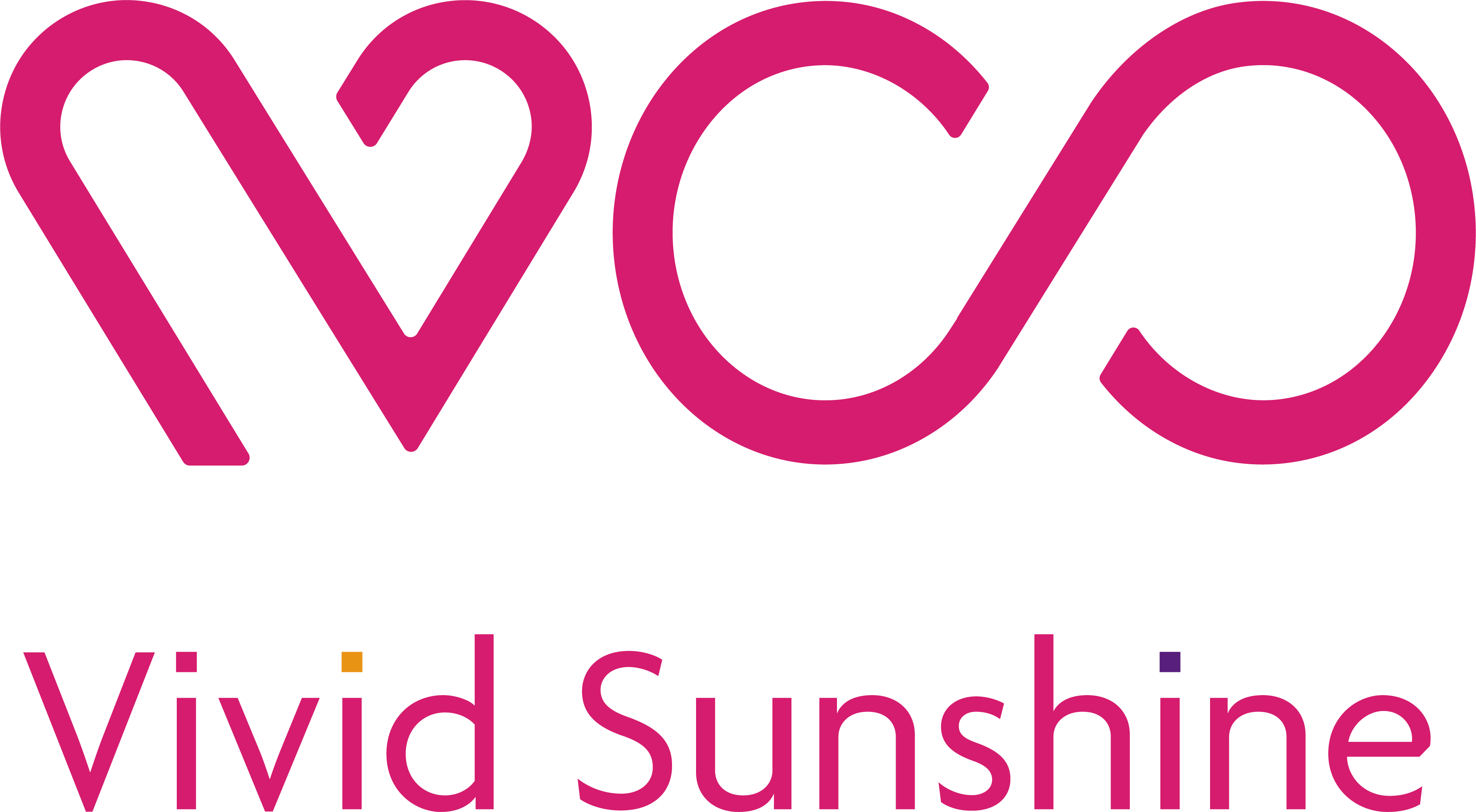

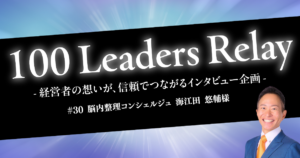
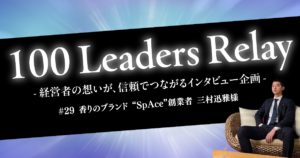
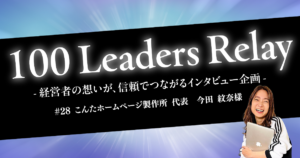
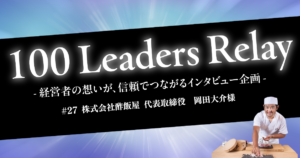


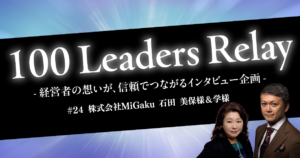

コメント